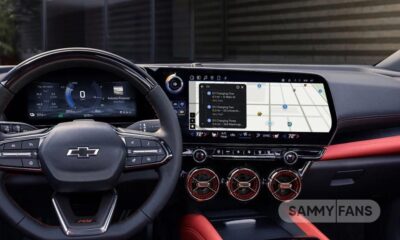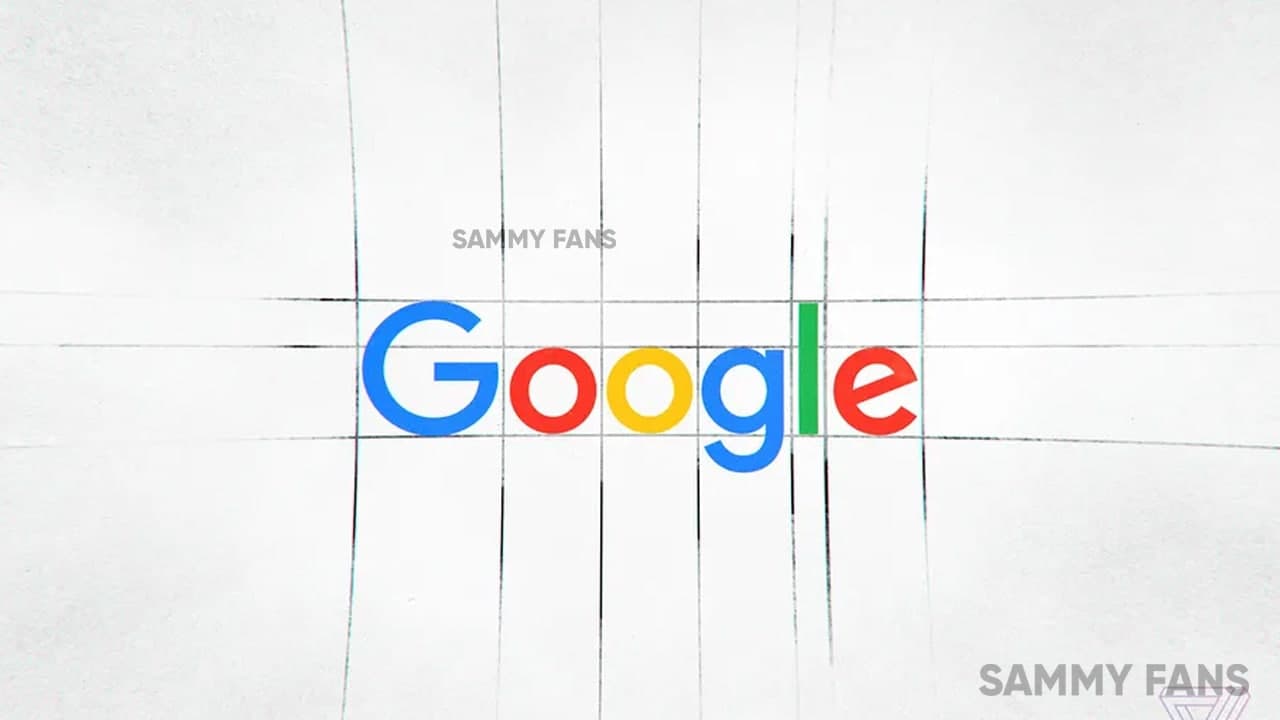
Google I/O 2021: Here’s what to expect – Android 12, Fuchsia OS, new products and more
Last year, Google’s annual developer conference I/O was canceled due to the Covid-19 pandemic, and the company announced that the event will be held again. Google officials announced that 2021’s I/O conference online keynote speech will begin at 1:00 pm Eastern Time on May 18 and many new products and services will be announced.
At an investor conference, Google and its parent company Alphabet CEO Sundar Pichai said that “Our product launch is returning to normal rhythm. What is particularly exciting is that the developer conference I/O is back this year. It is held in a virtual online format and is free to everyone. We will release important product updates and announcements. I sincerely invite everyone to pay attention!”
In the official description of the keynote speech, Google was vague about what might be announced, saying only: “Please stay tuned to understand how we are advancing our mission of organizing world information and making it universally accessible and useful.”
Based on rumors and speculation, we can predict the new products that Google may show at this event:
Android 12
Android is the key to Google’s ecosystem and always takes center stage at I/O conferences from a software development perspective. As always, Google is likely to use the keynote speech of the I/O Developer Conference to describe the details of the latest version of Android OS, Android 12.
So far, Google release three Developer Preview versions of Android 12, the third build is the most stable so far and includes developer-centric features. Moving on, Google may show the new features of Android 12 at the I/O conference, like major UI improvements such as the new lock screen, material design, and so on.
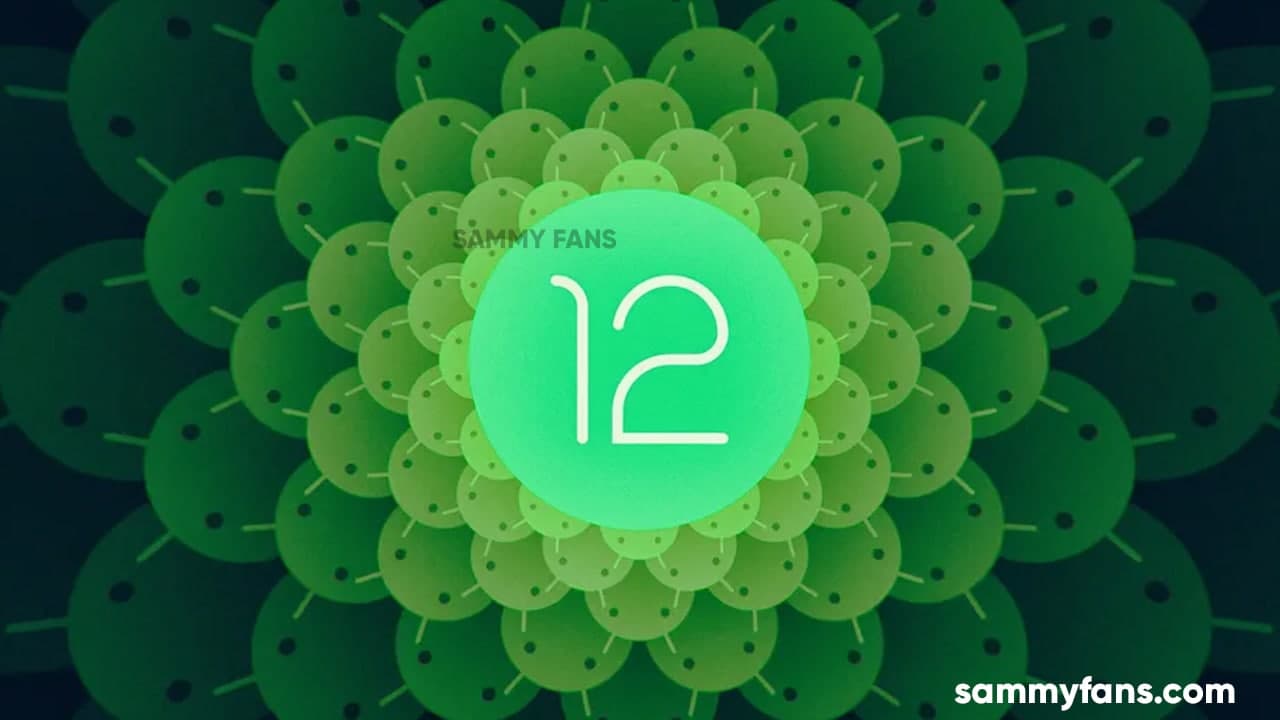
Google main service update
Google could also use the I/O conference to showcase major updates in its services and software. In the previous I/O conferences, Google released the incognito mode of Google Maps, a new smart assistant, and Google Duplex demo. As the past year, the search engine giant may introduce many exciting and new features this year.
Wearables, Wear OS
For a long time, Wear OS has made people feel that it is a failed product. Even rebranding, changing faces, and adding more hardware partners have hardly changed this fact. But please note that this year’s I/O will be Google’s first major developer event after the completion of the Fitbit acquisition. Google Xi’an wants to show its talents in wearable devices and the fitness business.
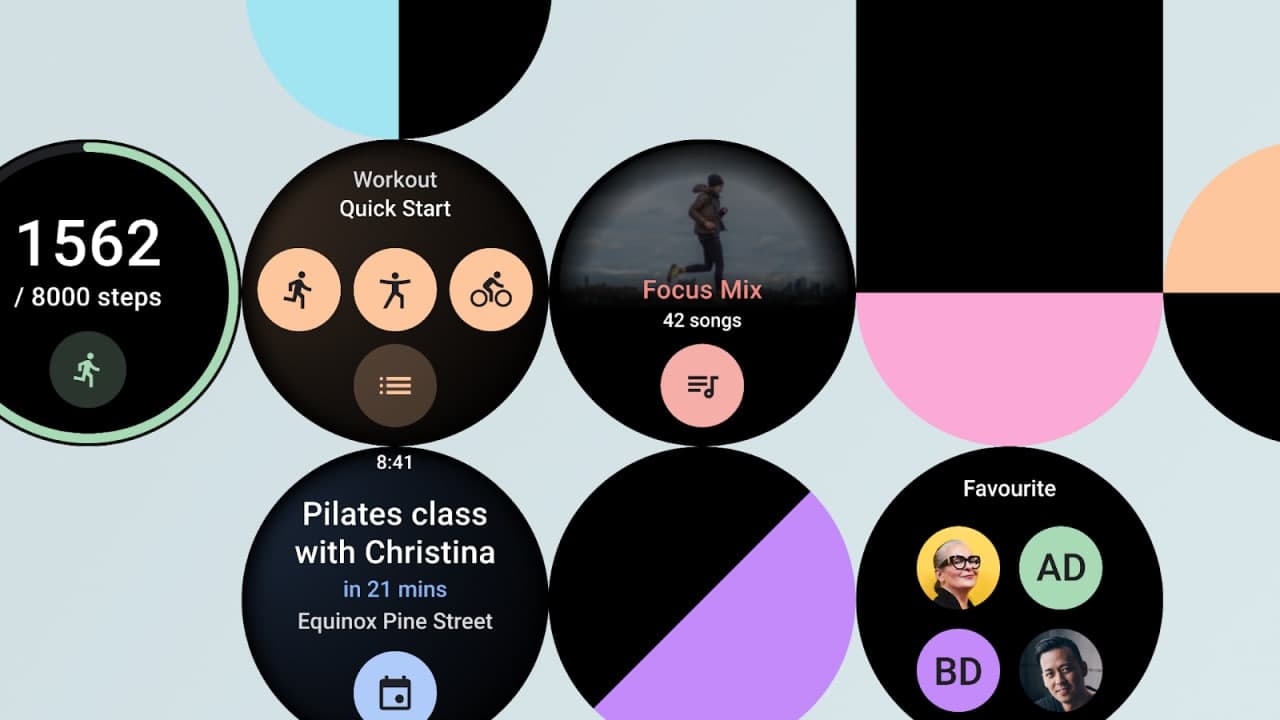
Aside from this, the US tech giant could also unveil Fuchsia OS, new hearable products, smartphones, and innovations. We will keep you posted on this story, stay tuned!
STAY CONNECTED WITH US:
- Join SammyFans on Telegram
- Like SammyFans.com on Facebook
- Follow SammyFans on Twitter
- Get news in graphics on Instagram
- Get the latest insights through Google News
- Send us tips at – [email protected]
| Credits – TheVerge |
Android
Google unveils Android 16 Developer Preview with exciting features

Google has kicked off the Developer Preview for Android 16, arriving earlier than expected. Usually, these previews begin in February, but Android 16 DP1 is launching three months ahead of schedule this year.
The earlier release of the DP1 is because Google has moved the official Android 16 release from the third quarter to the second quarter of 2025. It aims to ensure that more devices get access to the major Android updates sooner.
Android 16 DP1 is available for several Pixel devices, including the pixel 6, Pixel 6 Pro, Pixel 6a, Pixel 7, Pixel 7 Pro, Pixel 7a, Pixel Tablet, Pixel Fold, Pixel 8, Pixel 8 Pro, Pixel 8a, Pixel 9, Pixel 9 Pro, Pixel 9 Pro XL, and Pixel Pro Fold, as well as the Android Emulator. It can be identified through version BP21.241018.009.
![]()
The Android 16 Developer Preview brings new features for app developers. It brings a system photo picker that will help apps give users a smoother, more integrated way to select photos without needing extra permissions.
Another new feature is Health Connect, which lets apps access and manage medical records in FHIR format, but only with user permission. The update also includes the latest version of the Privacy Sandbox for privacy protection.
This preview program runs from November 2024 until the final public release next year. Android 16 Beta Program will begin in January, with the final stable release expected in Q2 of 2025. Stay tuned for more updates.
Android 16 to make Quick Settings access easier with one-finger swipe
Android
Google’s Android 15 QPR2 Beta 1 update is now available

Google has released the first beta of Android 15 QPR2 for Pixel users. The update can be identified via build version BP11.241025.006. However, users are also waiting for the stable release of Android 15 QPR1 in December this year.
Android 15 QPR2 Beta 1 update comes with the November 2024 security patch. It is available for a wide range of Pixel devices, including Pixel 6, Pixel 6 Pro, Pixel 6a, Pixel 7, Pixel 7 Pro, Pixel 7a, Pixel Tablet, Pixel Fold, Pixel 8, Pixel 8 Pro, Pixel 8a, Pixel 9, Pixel 9 Pro, Pixel 9 Pro XL, and Pixel 9 Pro Fold, as well as the Android Emulator.
Quarterly Platform Releases are updates that bring more noticeable changes and new features compared to the usual monthly bug fixes. These updates are perfect for testing out bigger UI changes or new features that don’t need to wait for a full Android version release.
![]()
The QPR2 Beta 1 is the second major update for Android 15, with the final version expected to launch in March 2025 (via 9to5Google). This update brings the usual bug fixes, security enhancements, and new features to test.
Users participating in the beta program are advised to report any issues via the Android Beta Feedback app, easily accessible through the app drawer or Quick Settings. Install the update now to get an enhanced experience.
Android 16 to make Quick Settings access easier with one-finger swipe
Android
Android 16 to make Quick Settings access easier with one-finger swipe
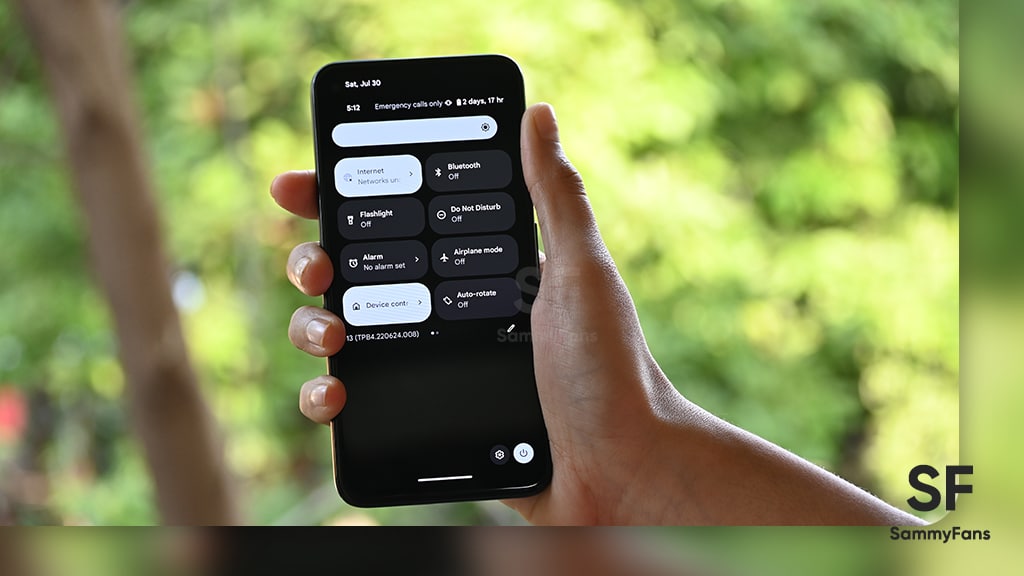
Google is reportedly going to bring an interesting change with Android 16, which will no longer require two fingers to pull down the Quick Settings panel. Previously, there were concerns that users would need to swipe down with two fingers to bring up the Quick Settings. Fortunately, Google has decided to simplify this process.
With Android 16, accessing the Quick Settings will only require a single-finger swipe down on the right half of the status bar. The one-finger swipe access aligns it more closely similar to other Android manufacturers, like OnePlus and Samsung, have designed their systems.
Several users didn’t like the idea of needing two fingers to swipe down, as it felt more awkward and less convenient. By switching to a single-finger swipe for Android 16, Google will make it easier for users to manage their settings with less effort. A well-known tipster Mishaal Rahman (via Android Authority) spotted the code for this Quick Settings change.

However, the new design still lacks the ability to swipe seamlessly between the notifications and Quick Settings panels. Hopefully, Google will add this feature before the official release.
In addition to the swipe change, Android 16 will introduce resizable Quick Settings tiles and better categorization to help users find specific settings more easily.
However, these features are still being worked on and may not be fully ready in the current beta. They are expected to roll out in the final Android 16 release, which is expected in mid-2025.









